There is no greater agony than bearing an untold story inside you.
-Maya Angelou
This quote by Maya Angelou, “There is no greater agony than bearing an untold story inside you,” encapsulates a profound insight into the pain and turmoil that comes from suppressing one’s inner truths and personal narratives. Here’s a detailed breakdown of its meaning:
“There is no greater agony than bearing an untold story inside you”:
Angelou begins by emphasizing the intensity of the suffering caused by holding in a story or truth. The phrase “no greater agony” suggests that this form of emotional pain surpasses other kinds of suffering. By framing it in such stark terms, Angelou highlights the deep psychological and emotional impact that unspoken truths can have on an individual.
The word “agony” conveys a sense of prolonged and intense suffering, indicating that carrying an untold story is not just a minor discomfort but a significant burden that can affect one’s well-being. This choice of words underscores the importance of finding ways to express and share these internal narratives.
The phrase “untold story” can be interpreted in multiple ways. It might refer to personal experiences, emotions, thoughts, or truths that a person has not shared with others. These could be stories of trauma, joy, love, fear, or any other significant experience that remains unexpressed. The use of the word “story” suggests that these experiences have a narrative structure, with a beginning, middle, and end, and that they hold meaning and significance for the person who carries them.
The act of “bearing” an untold story implies a sense of carrying a heavy load. It suggests that keeping these stories inside requires effort and endurance, and that this burden can weigh down a person both emotionally and mentally. This metaphorical weight can impact various aspects of one’s life, from mental health to relationships and overall happiness.
In essence, Angelou’s quote highlights the transformative power of storytelling and the necessity of self-expression. It underscores the importance of finding a voice and sharing one’s personal truths with the world. By doing so, individuals can alleviate the internal agony and achieve a sense of relief and liberation.
Moreover, the quote suggests that telling one’s story is not just a personal act but also a communal one. Sharing personal narratives can foster understanding, empathy, and connection with others. It allows individuals to feel seen and heard, validating their experiences and emotions.
Angelou’s quote also speaks to the broader human condition and the universal need for expression. Throughout history, storytelling has been a fundamental way for humans to make sense of their experiences, share knowledge, and connect with others. Whether through oral traditions, written texts, or artistic expressions, storytelling has been a vital tool for communication and understanding.
Furthermore, the quote can be seen as a call to action, encouraging individuals to find the courage to share their stories. It acknowledges the fear and vulnerability that often accompany self-expression but emphasizes the greater harm of remaining silent. By confronting this fear and finding ways to articulate their truths, individuals can overcome the agony of bearing untold stories and move towards healing and self-acceptance.
In practical terms, this might involve seeking out supportive environments where one can safely share their stories, whether through therapy, support groups, creative outlets, or trusted relationships. It also involves recognizing the value of one’s own experiences and the importance of giving voice to those experiences.
In conclusion, Maya Angelou’s quote offers a profound insight into the emotional burden of unspoken truths and the healing power of storytelling. It encourages individuals to embrace self-expression and share their personal narratives, highlighting the importance of being heard and understood.
By acknowledging and articulating their untold stories, individuals can alleviate the internal agony, connect with others, and find a sense of relief and empowerment. This timeless wisdom underscores the transformative power of storytelling and the essential human need for expression and connection.
Read: 50 Beautiful Maya Angelou Quotes That Celebrate Love and Life
Maya Angelou Quotes, quotes about maya angelou, best maya angelou quotes, short maya angelou quotes, famous maya angelou quotes, maya angelou quotes about life, Life Quotes, quotes about life, life quotes deep, live life quotes, best life quotes, living life quotes, positive life quotes
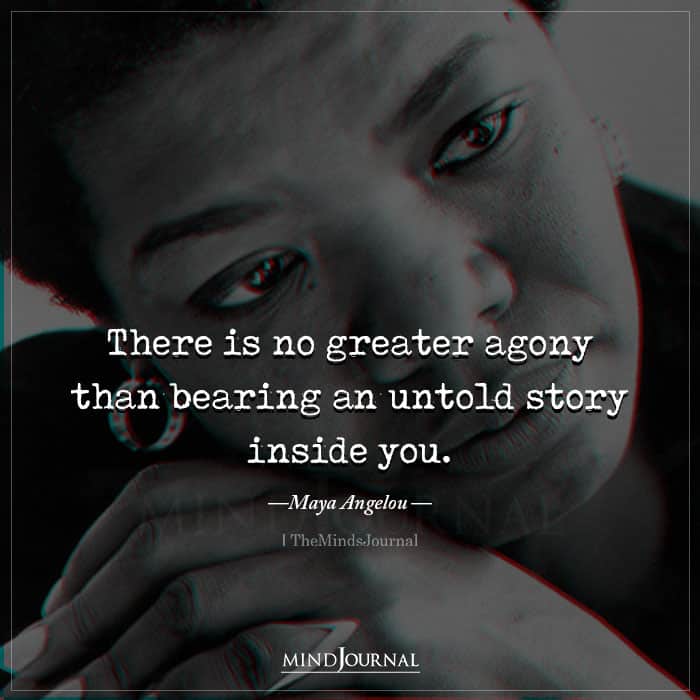
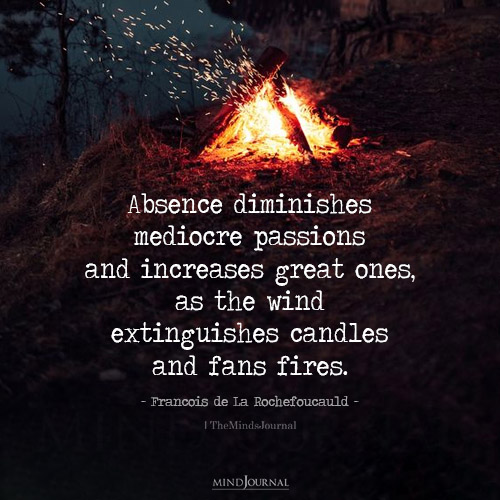
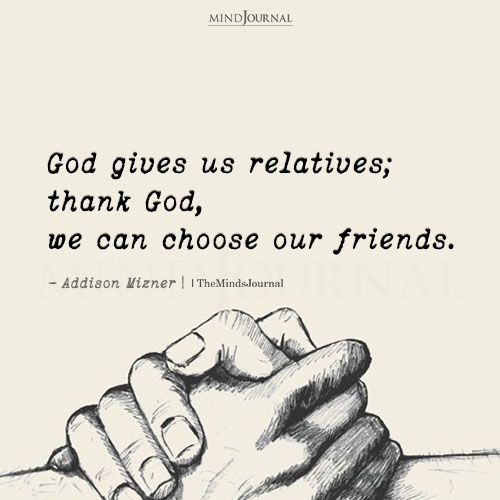
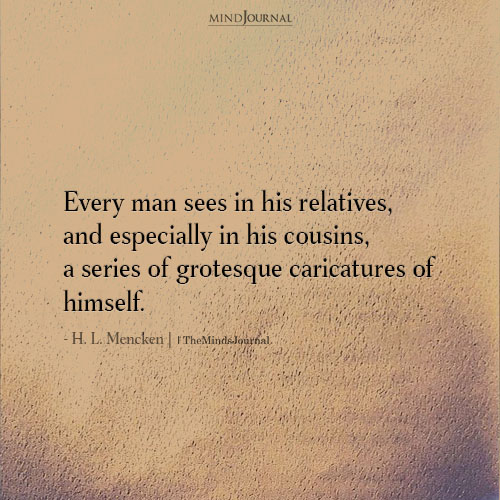
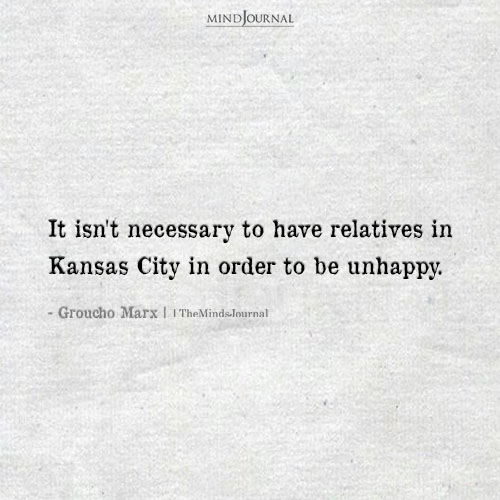
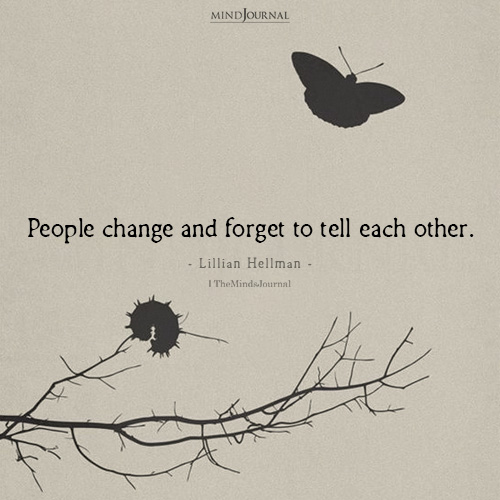
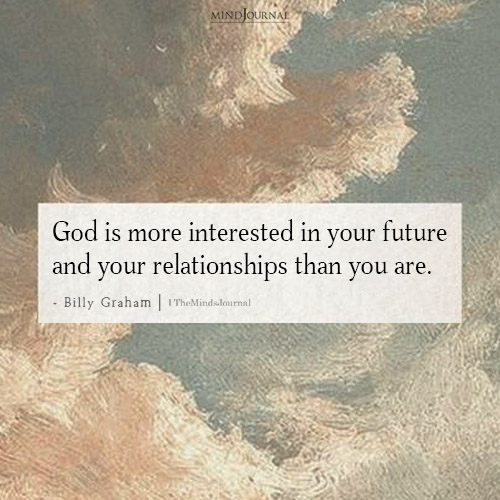

Leave a Reply
You must be logged in to post a comment.